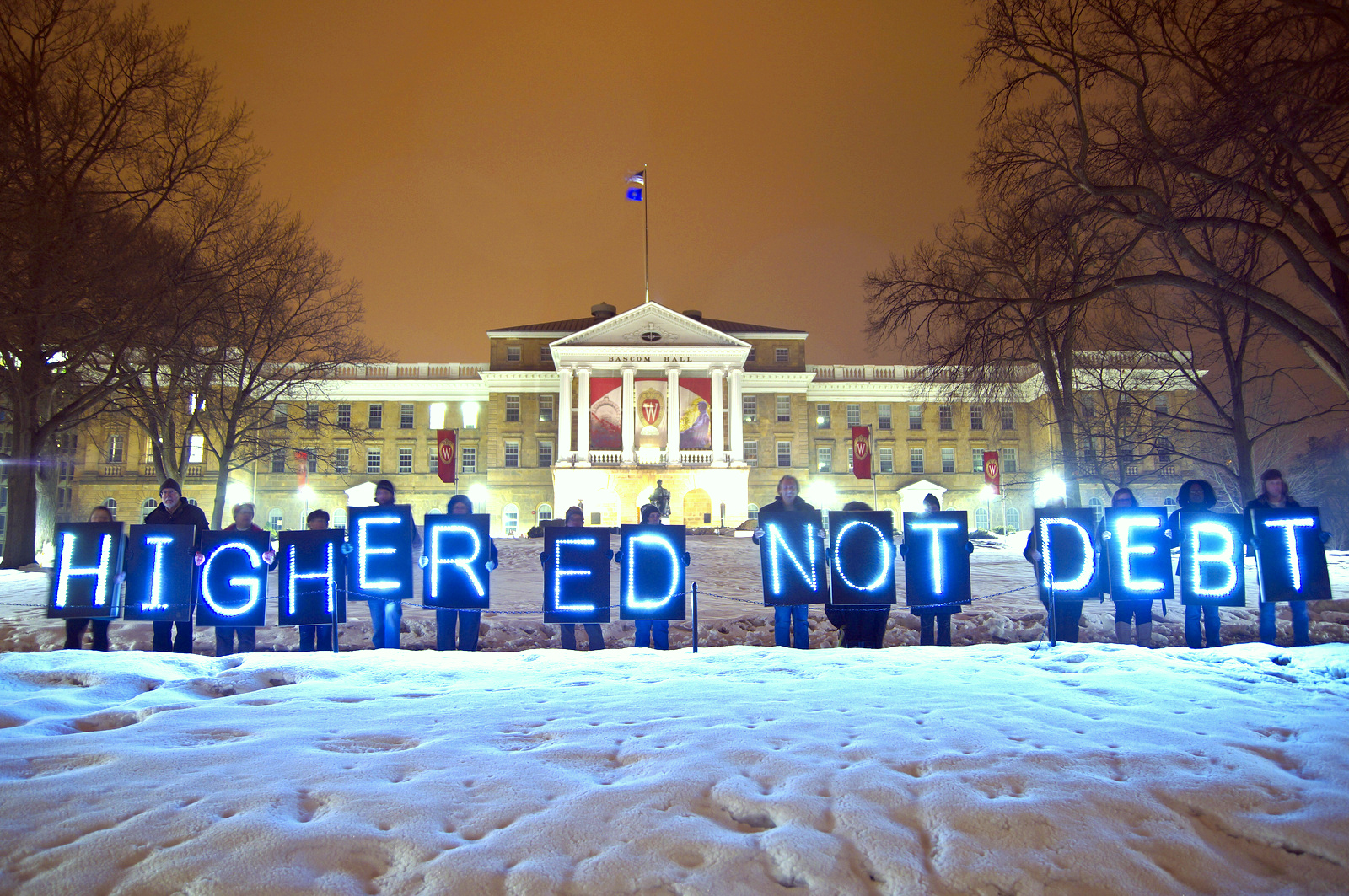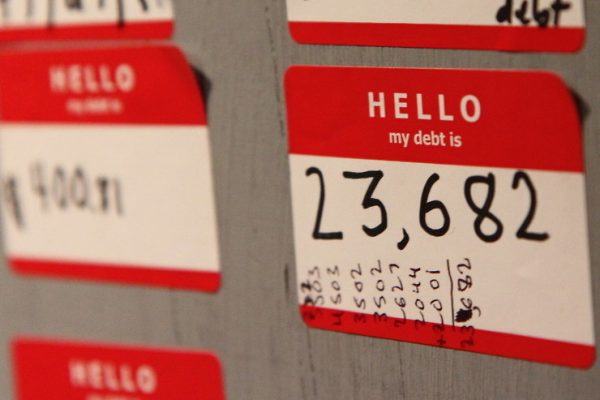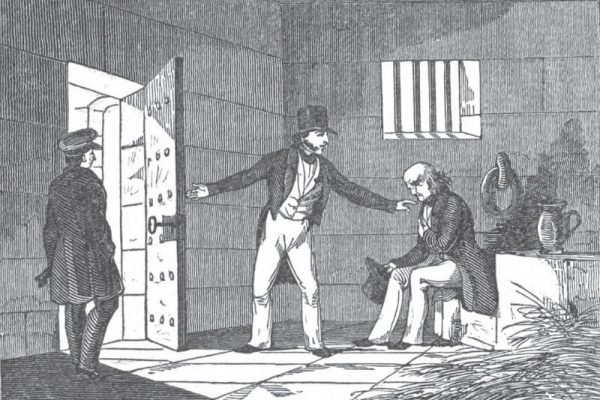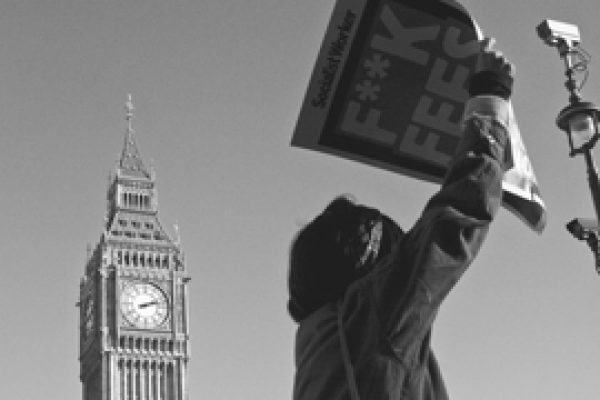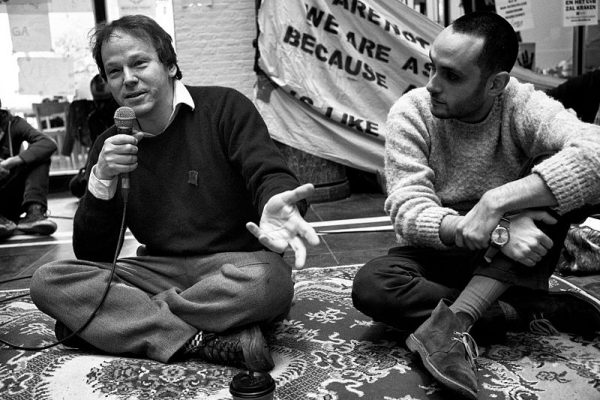Although the final details of President Biden’s recently announced student debt cancellation plan are still being ironed out, the announcement itself is momentous. It is a tacit acknowledgment that the neoliberal model of financing higher education through individual debt has failed.
As economist Marshall Steinbaum explained in our pages in 2016, today’s student debt crisis stems partly from a fallacious belief—associated with “human capital” theory—that educational debt inevitably “pays for itself.” This belief has led politicians and policymakers to expand student loans and cut funding for public higher education. As a result, student debt has ballooned to its current level of well over 1 trillion dollars.
Far from belonging exclusively to wealthy graduates, as some assume, student debt disproportionately burdens minority students, who are forced to take it on to compete in today’s highly credentialized labor market. As Steinbaum argues in a second essay, the long-term solution to the student debt crisis and its associated racial and economic inequalities lies in rejecting the neoliberal model of private, debt-financed higher education and embracing a public good model in which tuition-free college is available to all.
The other pieces in this week’s reading list explore the topic of debt from a variety of perspectives. In a two-part interview from 2012, anthropologist David Graber discusses his 2011 book Debt: The First 5,000 Years and describes student debt’s perverse effects on education. Political scientist Melinda Cooper explains the rise of student debt in the context of the broader turn to neoliberalism and its ideology of “familial responsibility,” and writer and researcher Olivia Schwob narrates debt’s successive historical transformations. Further essays examine debtors’ unions, how debt colonizes the future, the injustices of the international financial system, and the issue of reparations in the face of global warming.
To escape the imperial legacies of the IMF and World Bank, we need a radical new vision for global economic governance.
Working people are forever kept on the brink of going broke. More than higher wages and better job security, a just economy requires giving them the power to choose and create their own futures.
Moral thinking about debt has fluctuated throughout U.S. history. Today’s calls for cancellation suggest it may be poised for transformation once again.
When college is a prerequisite for getting a job that pays better than minimum wage, we cannot stop until it is free and accessible to all.
How neoliberals and conservatives came together to undo the welfare state.
Two new books argue that the student debt crisis is a media myth. But they ignore the exploitation of disadvantaged students by for-profit colleges.
David Graeber on student loan debt, academia, and the value of education.
David Graeber on why we don’t put babies’ lives ahead of Citibank’s shareholders and whether we should renew the tradition of debt jubilees.
